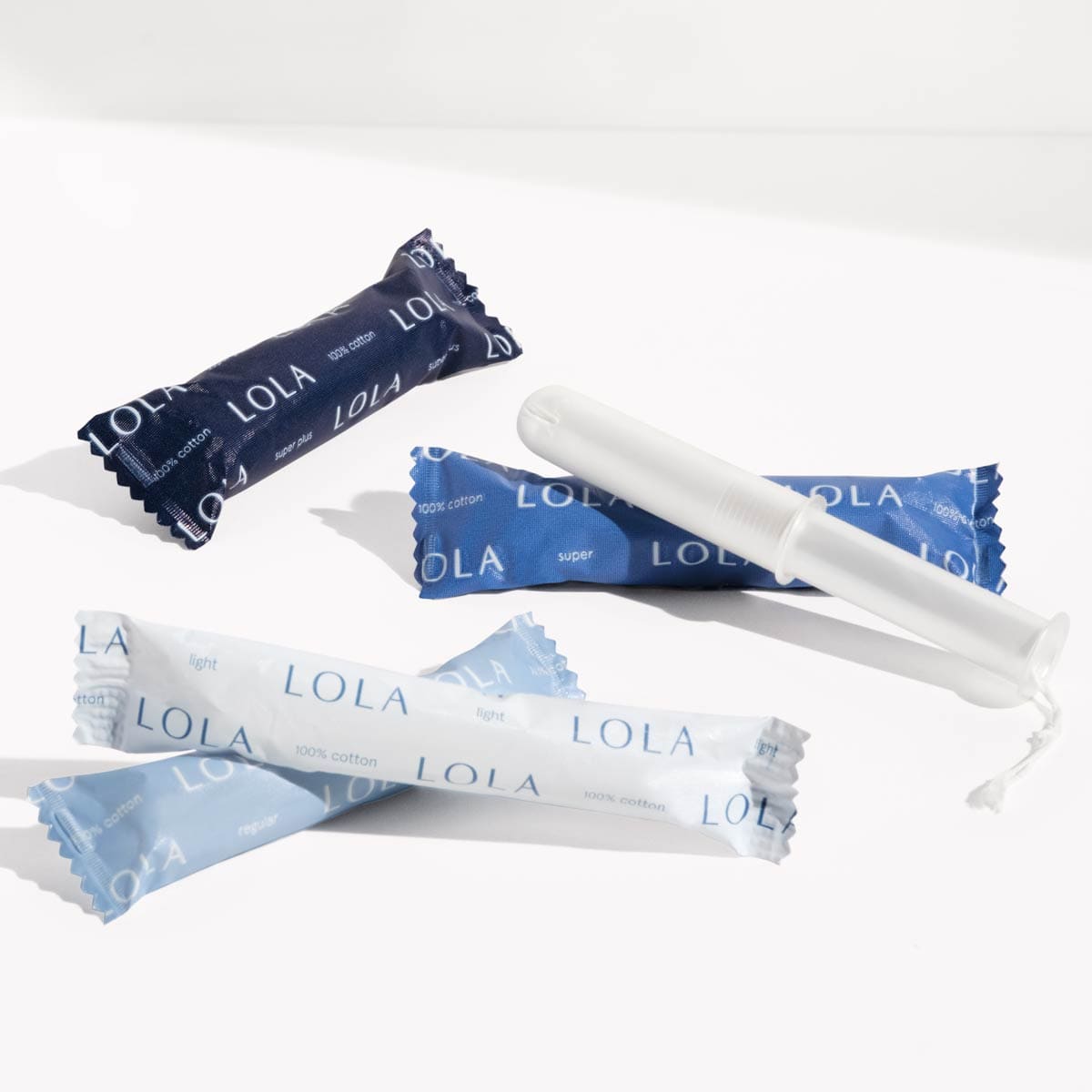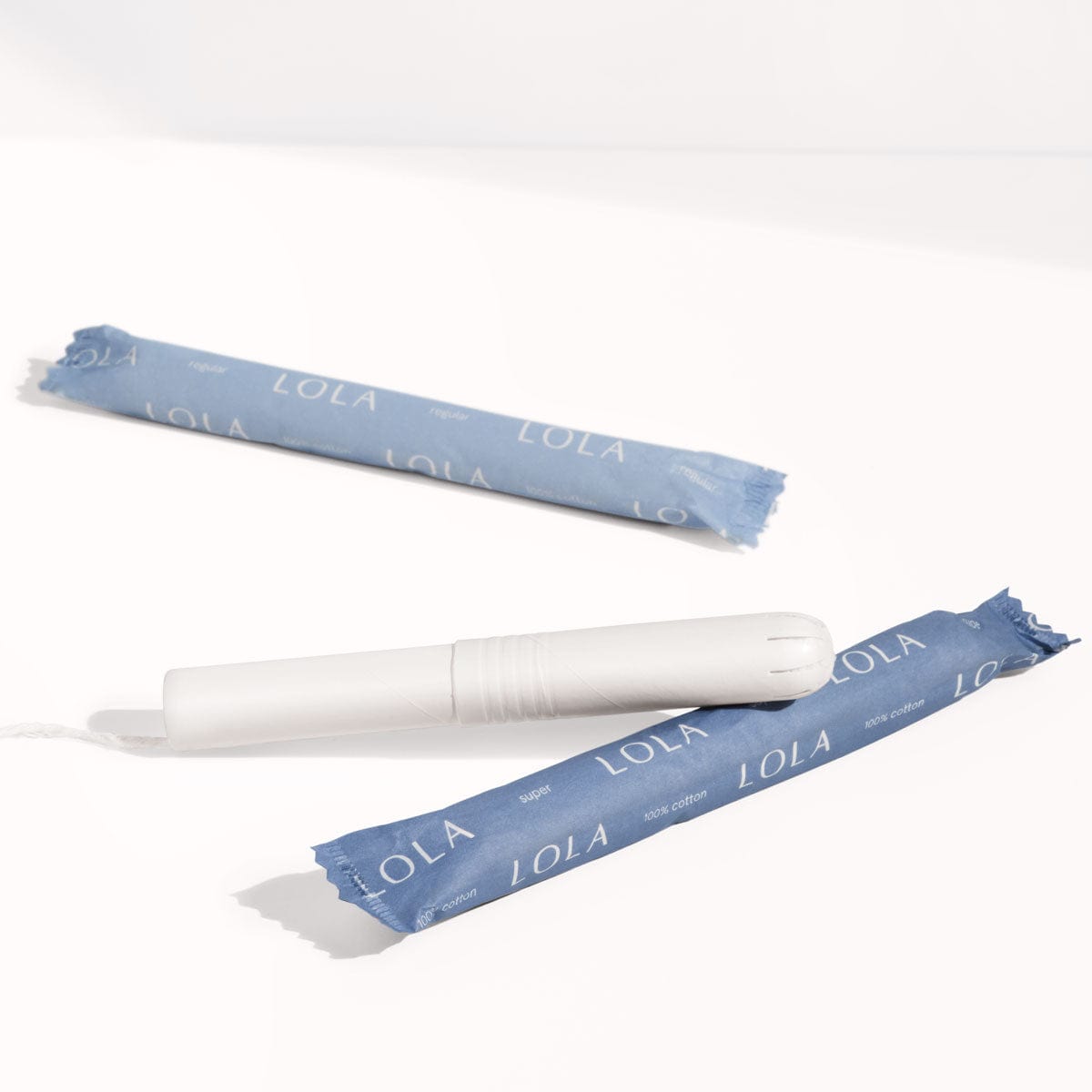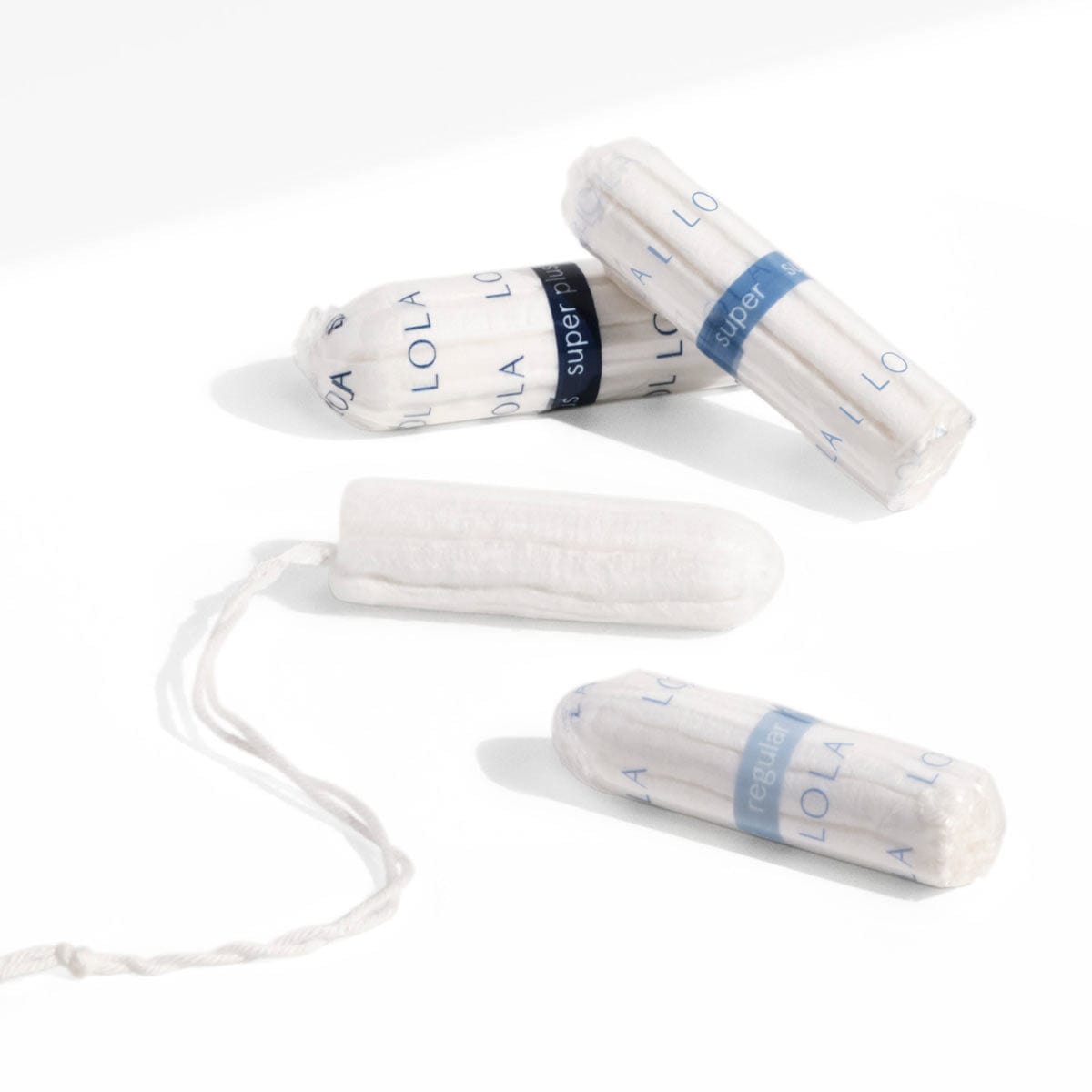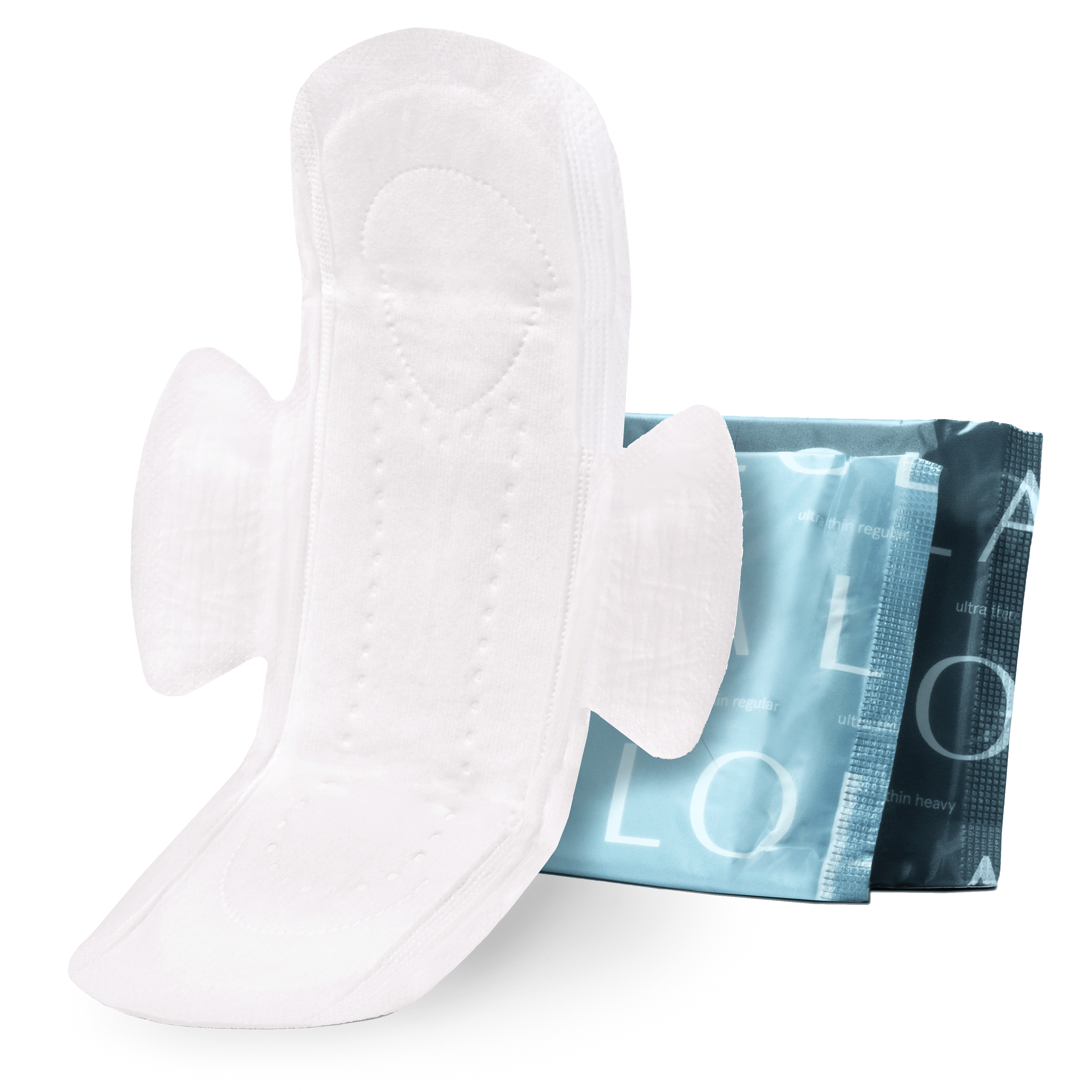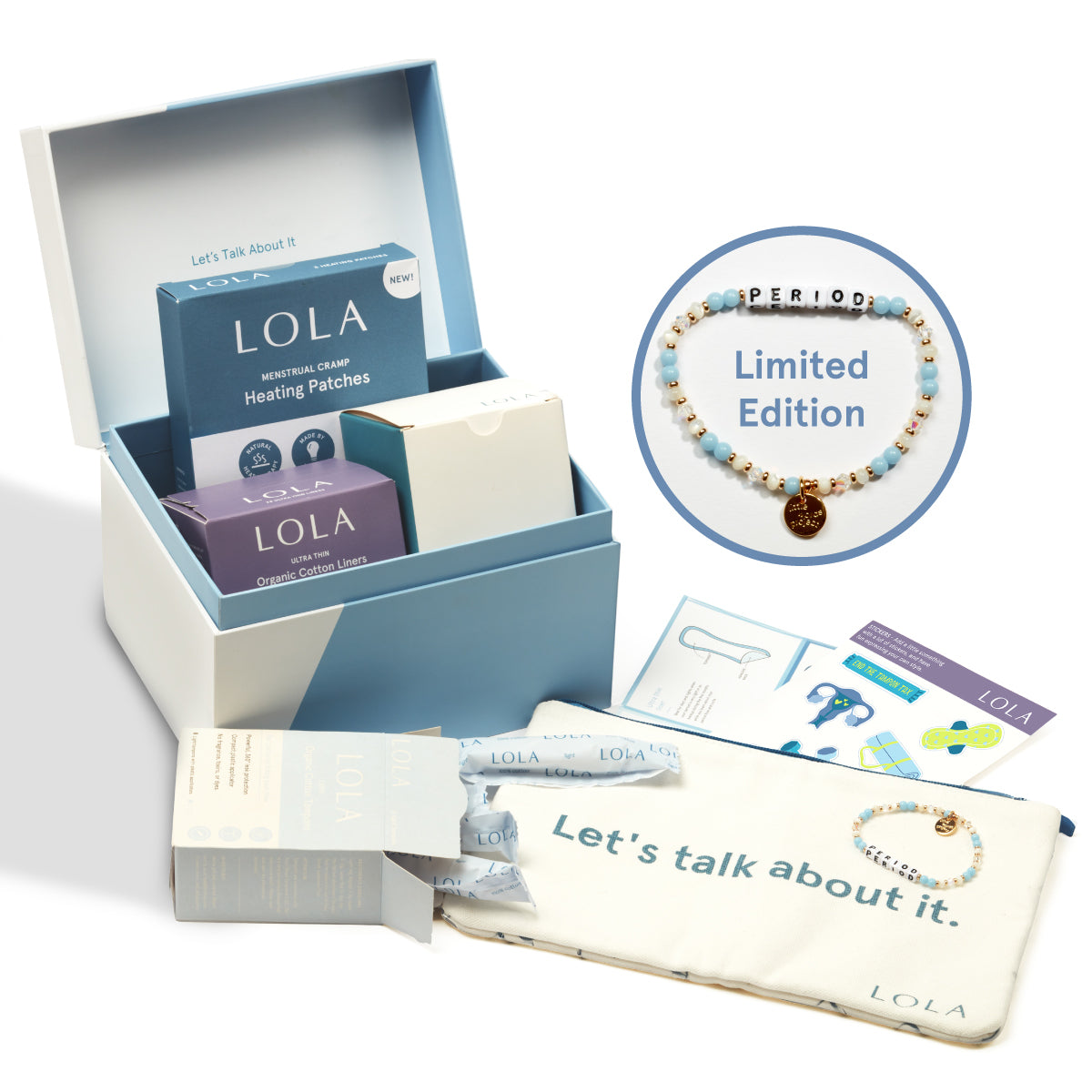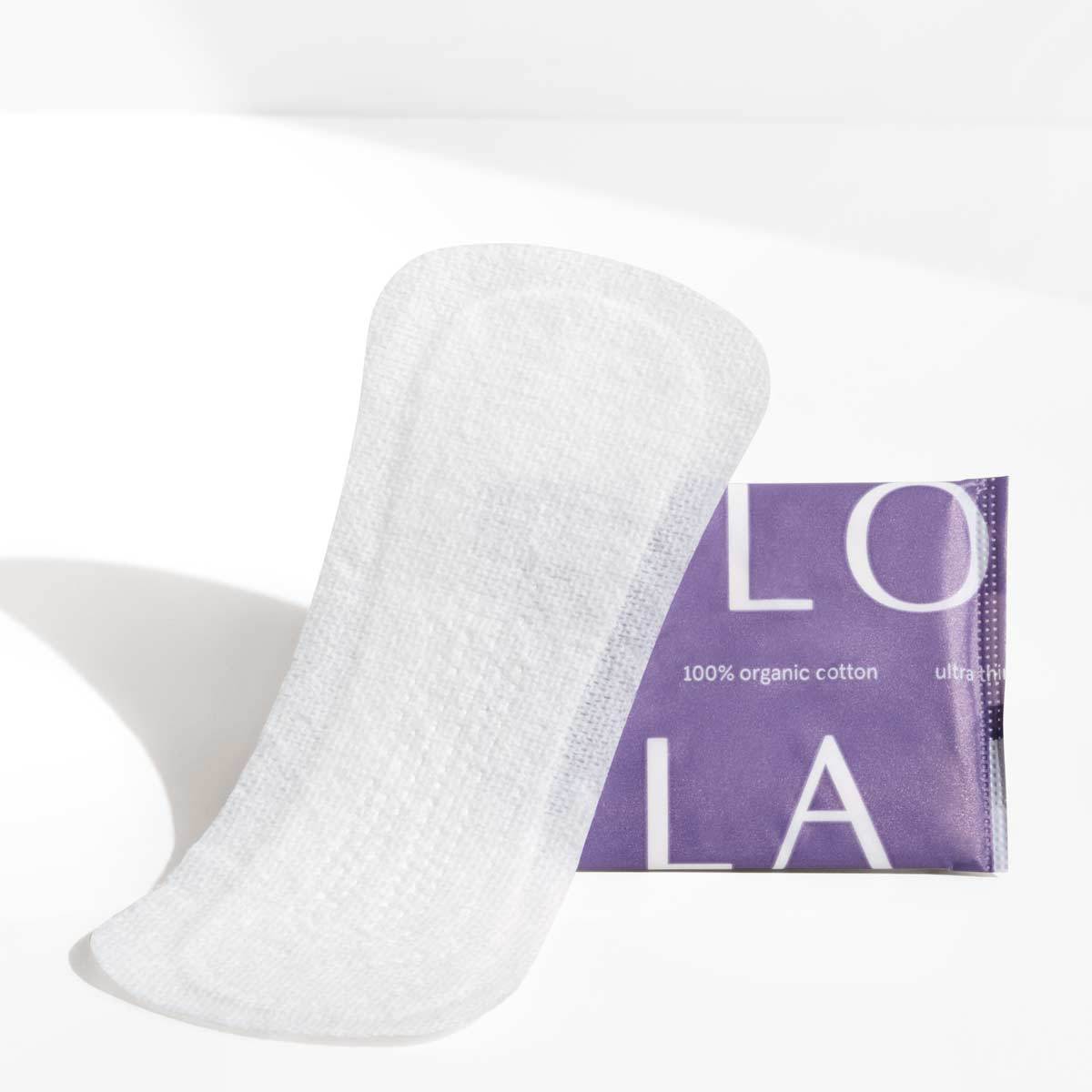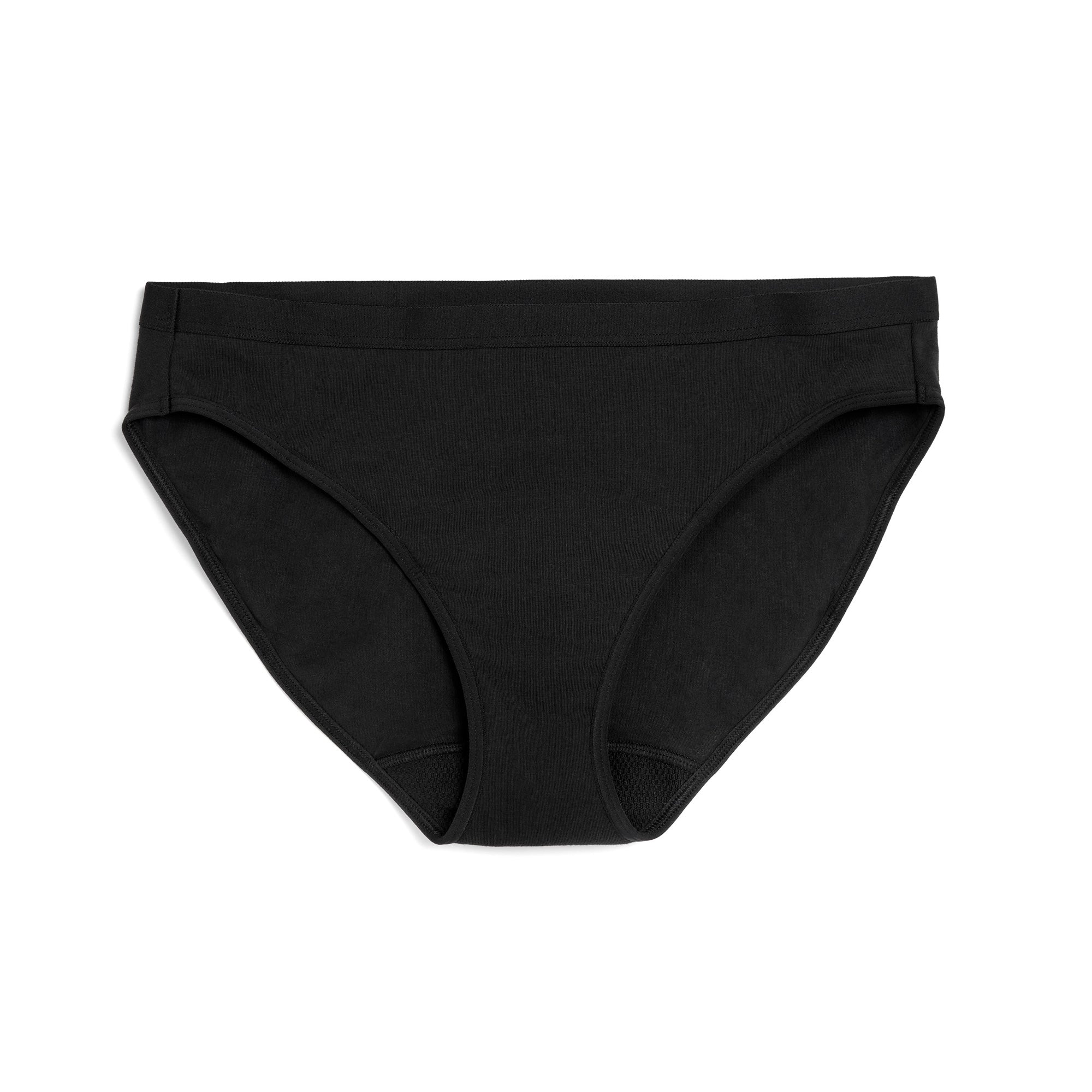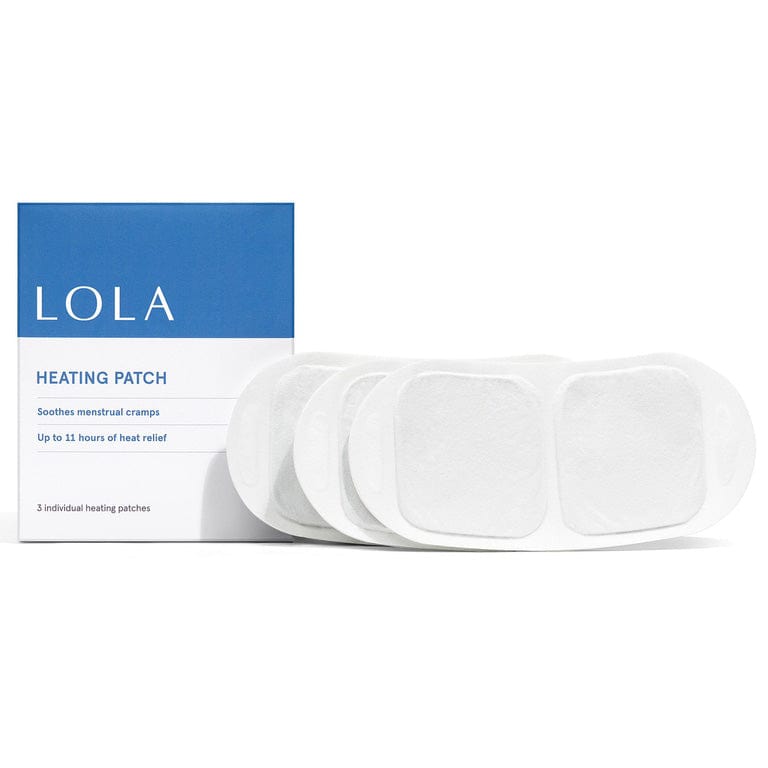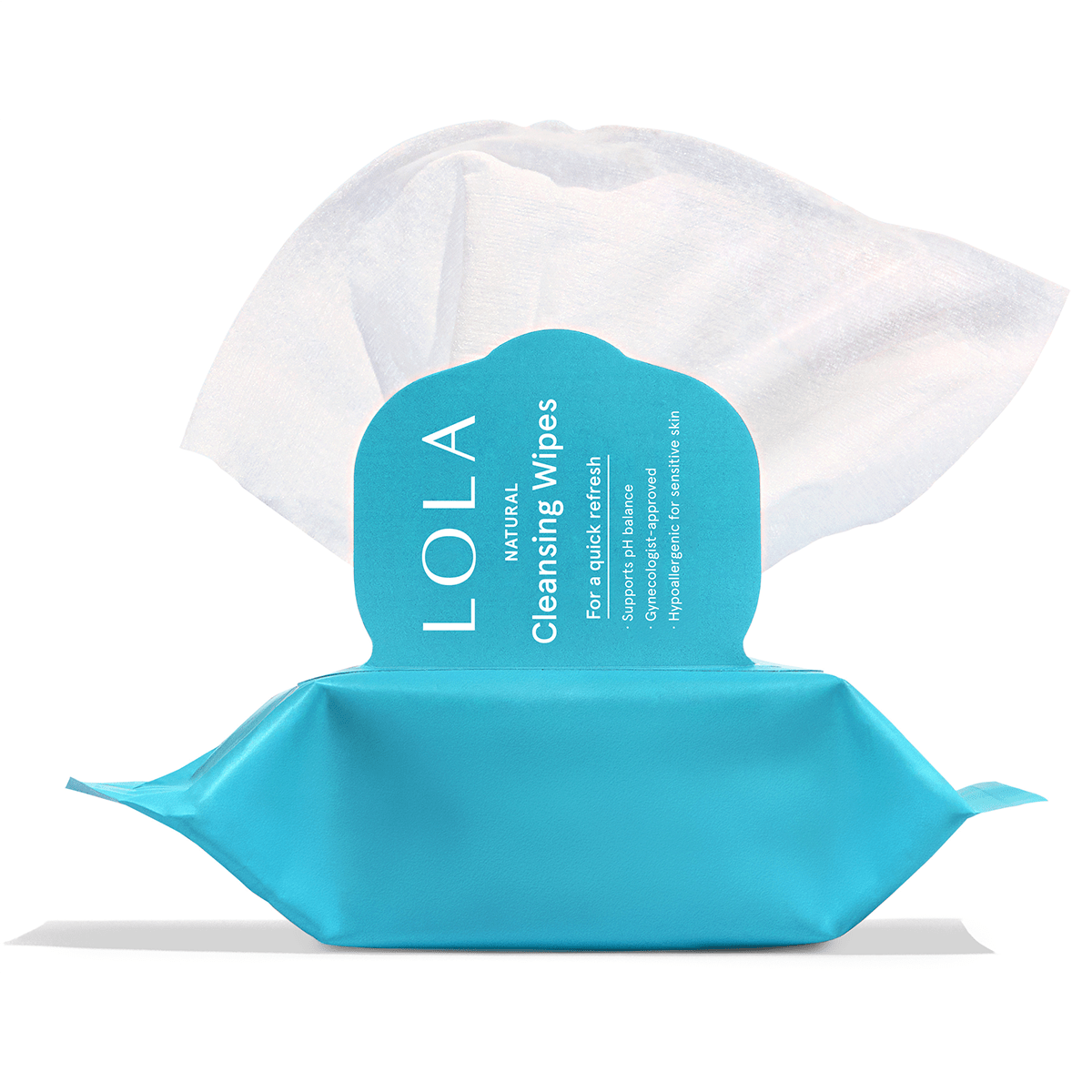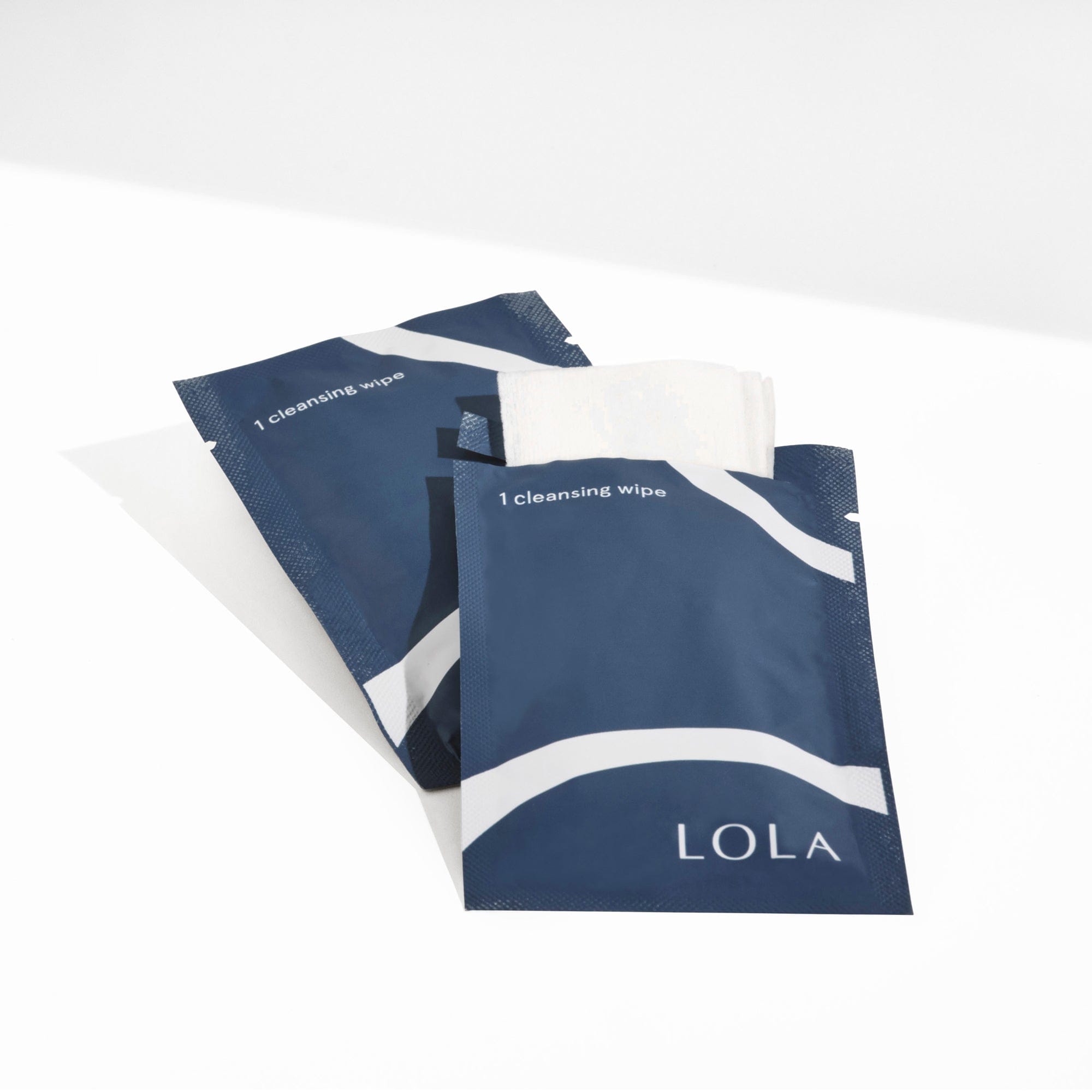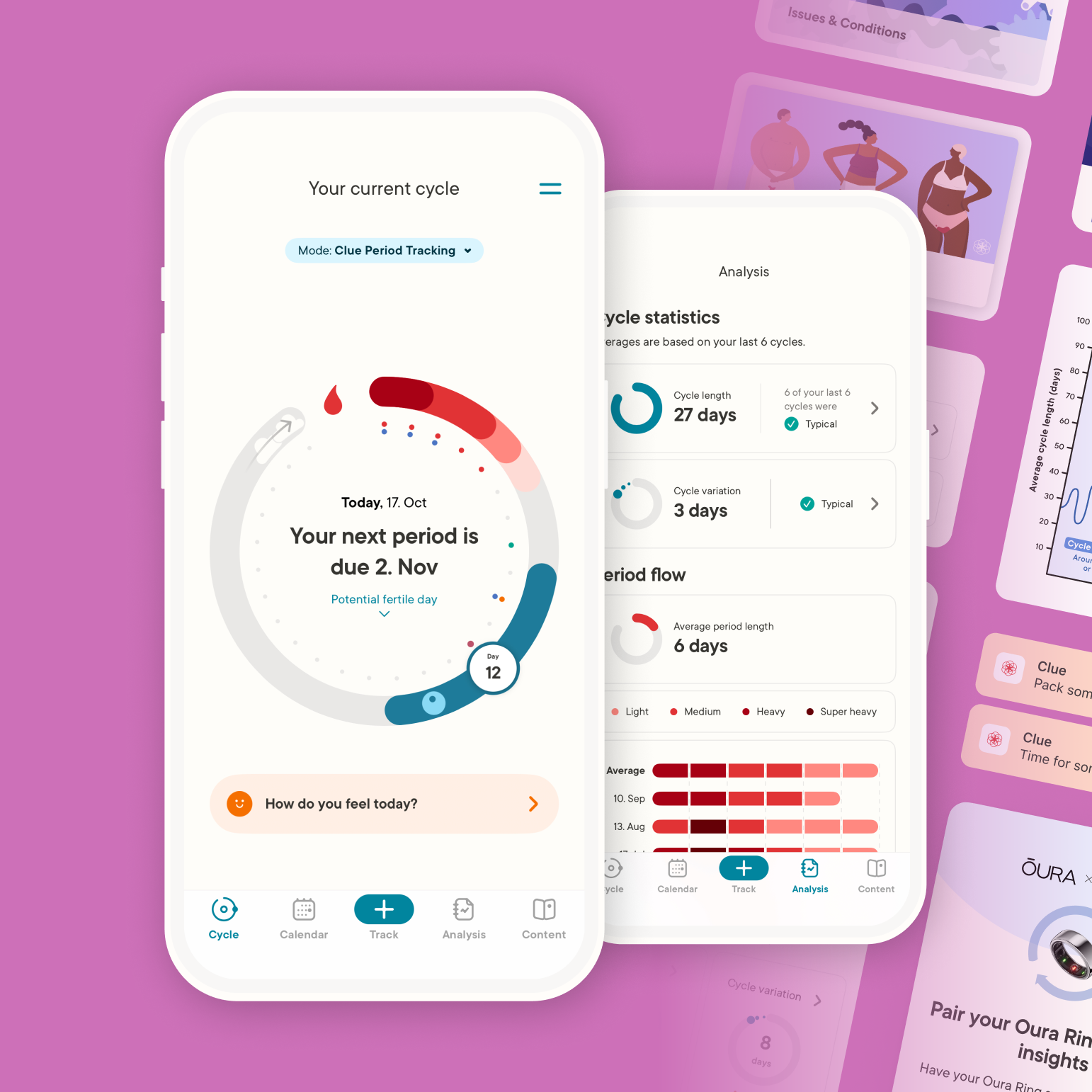One of the best things about being in your 30s is that the different parts of your life are finally starting to come together. Maybe you've found a job you love, or climbed the corporate ladder at work, or can at least start to think about contributing to your 401k. You probably also know which of your friends you can count on, and what you're looking for in a romantic relationship. #adulting
Another bonus: you'll probably experience less irregular periods in your 30s than when you were younger. However, you might experience some menstrual cycle changes with age. Here's a rundown on what to expect in your 30s.
Fibroids might make their first appearance
Although they're often non-cancerous and harmless, these uterine growths can cause heavy, painful bleeding, and they don't tend to show up until your 30s. Sudden change in menstrual cycle length, such as heavy periods or periods that last longer than normal, can both point to fibroids, but other symptoms include pelvic pain, lower back pain, and frequent urination.
Having a baby can change your period
For the first time ever in the U.S., women in their 30s are having more babies than women in their 20s. While you probably already know that this means saying goodbye to your period for at least nine months, you may not know that getting pregnant can change your future periods, too. Many women report that their cramps are much better after having a kid, Lauren Streicher, M.D. a Chicago-based OB-GYN, told Health.com. Once you've given birth, your cervical opening becomes a little bigger, meaning that your flow can come out with less severe uterine contractions.
And so can breastfeeding
In fact, whether or not you breastfeed will be the biggest indicator of when your flow will return after pregnancy, according to Parents. If you don't breastfeed, you'll probably get your first period four to eight weeks after giving birth; if you do, it could take months before it returns (most likely, you won't get it until you stop breastfeeding). One important note: your period might be MIA, but you're still ovulating, so if you're not looking to get pregnant again, make sure to use some form of birth control.
Expect sudden changes to your menstrual cycle length
"In a woman's 30s, both age and hormonal fluctuations can lead to menstrual irregularity or lengthening of the time between periods," Carolyn Alexander, a board-certified OB-GYN based in southern California, told Bustle.
And your period may get lighter in your 30s
According to Prevention, some women find that they need less absorbent period products as they head into their late 30s. As you age, your body starts preparing for menopause, meaning your estrogen and progesterone levels get thrown out of whack (thanks, hormones!). But again, there's no need to necessarily panic about your fertility if you're trying to get pregnant or considering it. Fertility expert Janet Choi told Prevention that while women sometimes worry that a lighter period is a sign of infertility or menopause, that's not necessarily the case.
At this point, you probably already have a pretty good idea of what's normal for you when it comes to your period, but it's always a good idea to make a note of any changes and talk to your doctor if you're concerned. You know your body best, and you should never be afraid to speak up about your health.
